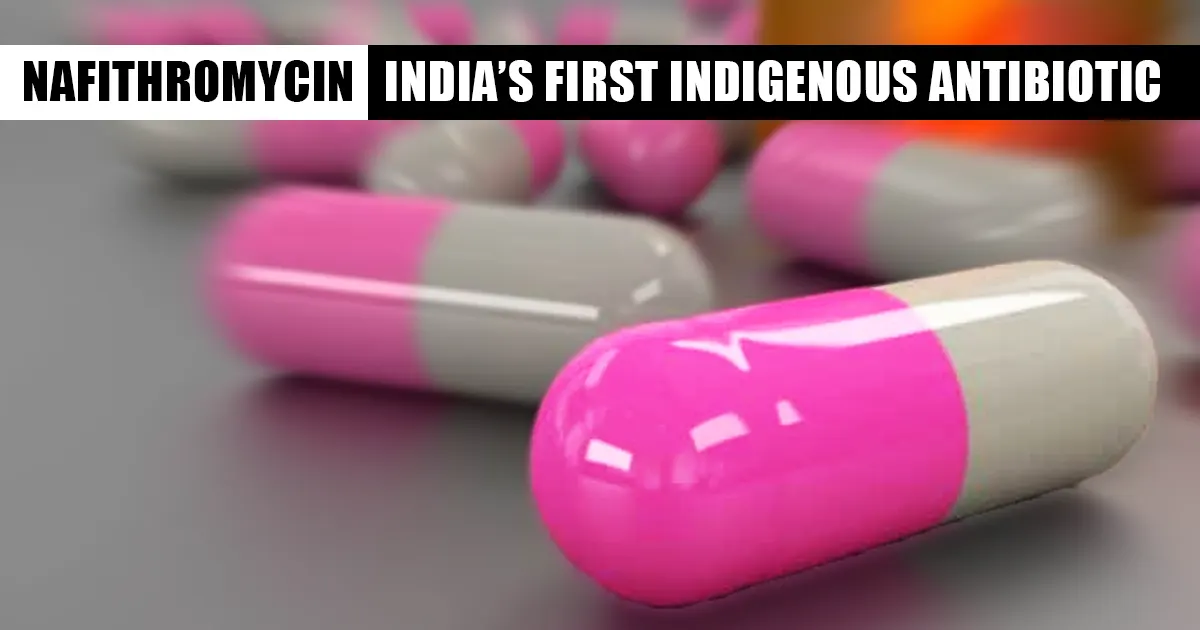India launches first indigenous antibiotic Nafithromycin for respiratory infections, benefits cancer patients and diabetics
Related Articles
विमान हादसे की जांच में राजनीति का कोई स्थान नहीं: नागरिक विमानन
अजित पवार के विमान हादसे को लेकर नागरिक विमानन से जुड़े सूत्रों ने स्पष्ट किया है कि जांच पूरी तरह से तकनीकी आधार पर...
जयपुर संगोष्ठी में CJI सूर्यकांत ने साइबर ठगी का किया खुलासा
जयपुर में आयोजित एक राष्ट्रीय संगोष्ठी में सीजेआई सूर्यकांत ने चौंकाने वाला खुलासा किया है। उन्होंने बताया कि वह खुद साइबर ठगी का शिकार...
गुजरात के बजट पर केजरीवाल का हमला, हर वर्ग की अनदेख
आम आदमी पार्टी के राष्ट्रीय संयोजक अरविंद केजरीवाल ने गुजरात सरकार के बजट पर कड़ी प्रतिक्रिया दी है। उन्होंने कहा कि यह बजट हर...


